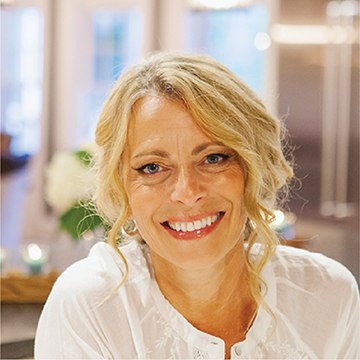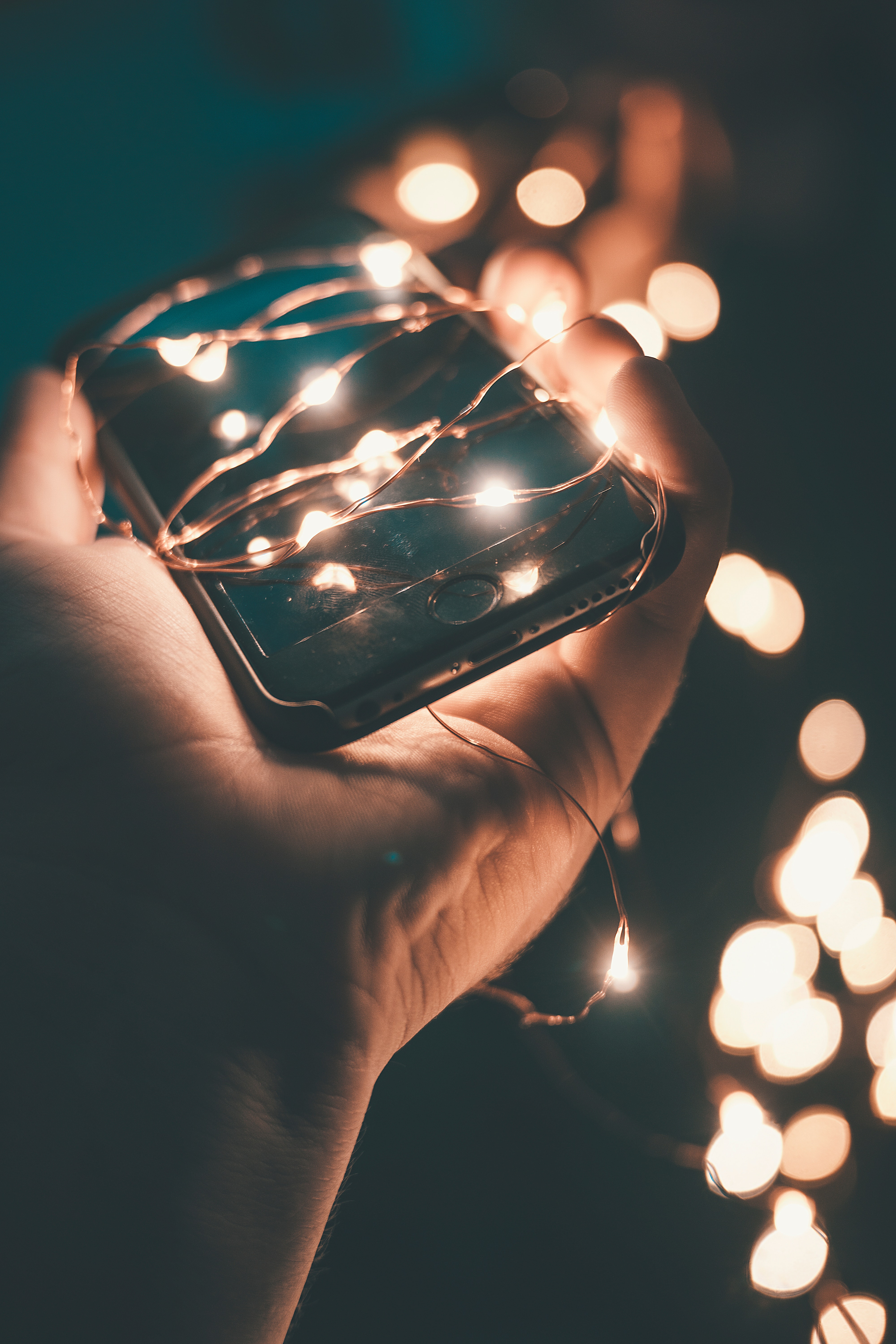The holidays can serve up rich and meaningful moments with family and friends– and trigger a drive to digitally broadcast each and every one.
But sharing can turn into oversharing, leading to a feverish social media focus that can actually make us feel worse. Here’s the ironic rub: when Fear-of-Missing-Out entices you to obsessively share every experience, you risk missing out on the experiences themselves.
Here’s the ironic rub: When FOMO leads you to obsessively share every experience, you risk missing out on the experiences themselves.
So, why not give our phones and brains a break? After all, magic can pass by in the blink of an eye, certainly in the time it takes to unlock a device and find a sharing app. And, besides the obvious interruption, it’s difficult to digitally capture the true essence of a moment anyway.
But it’s about more than just sharing–it’s about how we perceive our lives in comparison with others. In an effort to prove that we’ve got it goin’ on, we’ve been conditioned to grab a selfie or add to our story at every opportunity. But it doesn’t necessarily make us happier, according to a study conducted last year at the University of Pennsylvania.
The study–the first of its kind– tracked Facebook, Snapchat, and Instagram use in 143 undergraduate students for a three-week period and found that a decreased focus on social media lessened feelings of depression and loneliness. While the study didn’t conclude that social media use should be curtailed, it did find that tempering use could be a good thing.
Melissa G. Hunt, the study’s author and associate director of clinical training at Penn’s Department of Psychology, wrote, “it is a little ironic that reducing your use of social media actually makes you feel less lonely,” but adds that the findings make sense given our proclivity to compare. “When you look at other people’s lives,” she says, “it’s easy to conclude that everyone else’s life is cooler or better than yours.”
The fear in this FOMO, then, runs deeper than just wanting to share the joy–it’s fueled in large part by our deep desire to stack up. But if you’re trying to compete with others’ seemingly picture-perfect lives, keep in mind that social media platforms can be used as a salve for inner conflict. Put another way, posting pictures that make your life look happy doesn’t make your life happy. That takes a different focus–one that, as far as I know, there’s no app for.
“In general, I would say, put your phone down and be with the people in your life.”
Melissa G. Hunt, University of Pennsylvania
What’s the best first step? Hunt says that limiting social comparisons is a good place to start: “When you’re not busy getting sucked into clickbait social media, you’re actually spending more time on things that are more likely to make you feel better about your life.” She concludes, “In general, I would say, put your phone down and be with the people in your life.”
As you move through the holiday season, try losing track of your phone for a while and see what happens. If it makes you jittery, lean in and notice why by peeling back the FOMO. You might discover that your fear is more about keeping up with others than anything else. Once you can let that go, you may be free to enjoy more of the riches real life has to offer.


